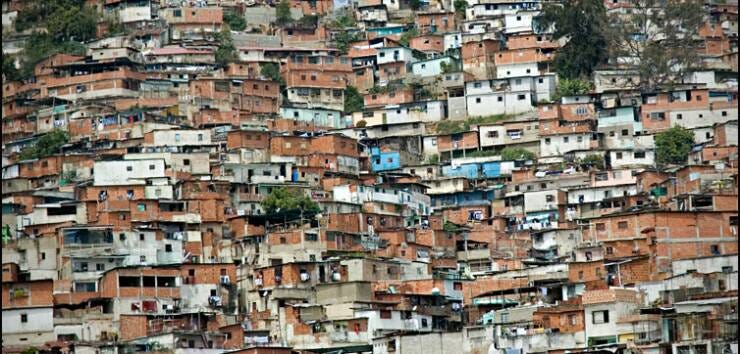Typically, films present the urban garden as a respite from the stress of the modern city, a garden in the machine like that espoused by Leo Marx. Leo Marx’s Machine in the Garden describes America as a lush, unexplored “garden” that is in a tumultuous relationship with the “machine,” or social and technological advancements throughout American history. The “machine” overwhelms the “garden” and attempts to cultivate raw resources for consumption. Marx’s thesis, therefore, is that the “machine” alters the landscape in order to make it fit current measures of productivity. Marx bases his argument on two different definitions of the pastoral, “one that is popular and sentimental, the other imaginative and complex” (5). The first, a sentimental type, is “an expression less of thought than of feeling” (5). According to Marx, “An obvious example is the current ‘flight from the city’” (5).
Urban parks and gardens may aid alcoholics, as in 28 Days (2000) and increase happiness, as in Enchanted (2007). In the Central Park musicals, Thoroughly Modern Millie (1967) and Enchanted, for example, characters enter gardens to promote traditional heterosexual relationships rather than ambitious female independence. New York City romantic comedies such as When Harry Met Sally (1989) and You’ve Got Mail (1998) show how love between heterosexual couples grows in the gardens of Central Park. Other romantic comedies, including New York City’s Green Card (1990) and Chicago’s Return to Me (2000), take a different approach to the garden, suggesting that romantic heroes Bronte (Andie MacDowell) and Grace (Minnie Driver) can only find love if they too leave the garden.
The dramas Being There (1979) and The Constant Gardener (2005) illustrate how gardens shape characters but also how gardeners Chance (Peter Sellers) and Justin (Ralph Fiennes) must leave their gardens behind to succeed. Set in Washington, D.C., Being There uses dark humor to critique the political process that leads Chance toward the Oval Office. Set in Kenya, The Constant Gardener showcases Justin’s attempts to solve a pharmaceutical mystery. In both films, gardens are a stone’s throw from mega-slums. Despite their differences, the garden and its urban setting are bifurcated in all these films, drawing on theories of the garden like that of Leo Marx.


No comments:
Post a Comment